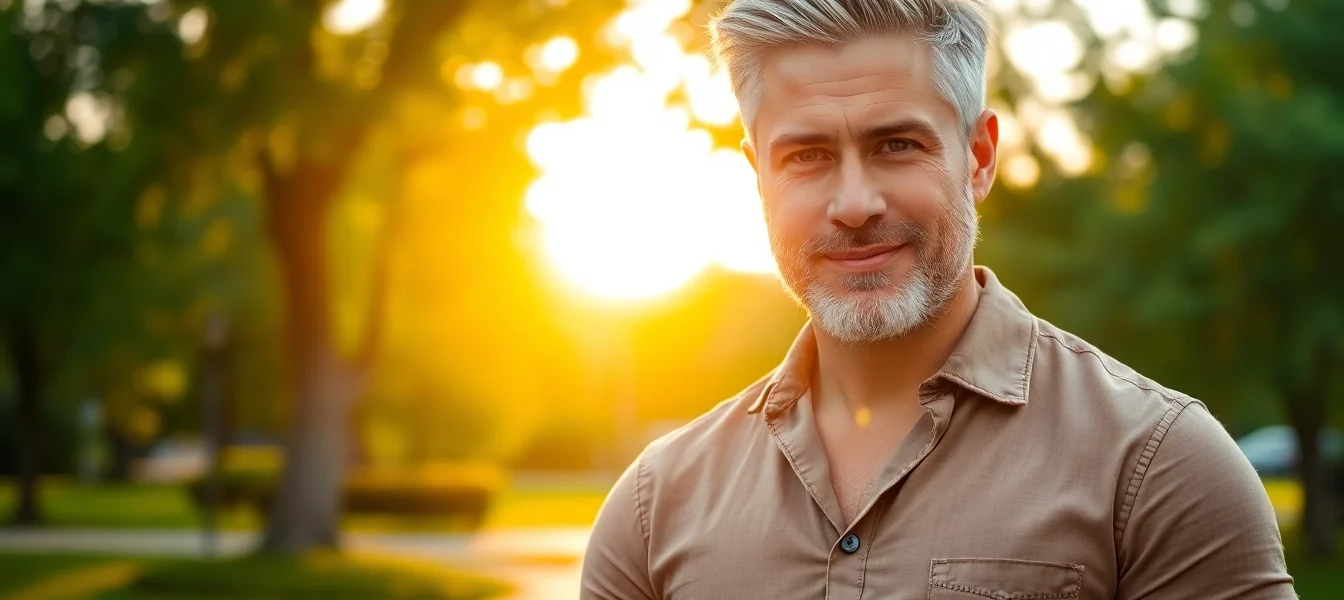The Ultimate Guide to DILF: Exploring the Popular Cultural and Internet Phenomenon
Introduction to the Term DILF: Origins and Meaning
The term dilf is a colloquial acronym that stands for “Dad/Daddy I’d Like to F*.” While its literal interpretation might suggest a focus on fatherhood, in popular usage, it broadly refers to an older, mature man who exudes attractiveness and sexual appeal. The phrase has gained traction in modern vernacular, often used humorously or as a compliment, to describe men who embody confidence, charisma, and a certain rugged or refined masculinity. Interestingly, a man doesn’t necessarily need to be a biological father to be called a dilf; the term emphasizes age, maturity, and sex appeal more than actual parenthood.
The emergence of the term is closely linked to the cultural landscape of the early 2000s, especially following the popularity of the term dilf in media and internet culture. It was inspired by the earlier phenomenon of MILF, which stands for “Mother I’d Like to F*,” popularized by the 1999 movie American Pie. Just as MILF became a symbol of attractive, mature women, dilf emerged as a playful, often admiring term for older men who are considered sexually appealing.
Cultural References and Popular Media Featuring DILFs
Daddy Halsin in Baldur’s Gate
One of the most recent and popular representations of a dilf in popular culture is the character Daddy Halsin from the acclaimed video game Baldur’s Gate 3. Halsin is depicted as a strong, protective, and charismatic druid who exudes maturity and confidence. Fans of the game quickly began referring to him as a dilf because of his commanding presence and rugged appearance. His character embodies many qualities associated with the term: strength, wisdom, and a nurturing yet formidable personality. This has led to a wave of fan art, memes, and discussions around his character, further cementing his status as a modern cultural icon within gaming communities.
Fred Andrews in Riverdale
The character Fred Andrews, played by actor Luke Perry in the Netflix series Riverdale, is often cited as a quintessential dilf. Since the show’s debut in 2017, Fred has been portrayed as the ideal mature man—handsome, dependable, and deeply caring. His role as a father and community figure, combined with Perry’s charismatic screen presence, has led many fans to affectionately describe him as a dilf. The character’s portrayal taps into the broader cultural appeal of the older, attractive male figure who embodies both strength and tenderness, making him a relatable and aspirational figure for many viewers.
Rob’s Father in American Pie Presents: The Book of Love
The film American Pie Presents: The Book of Love (2009), a spin-off of the iconic American Pie franchise, introduces a character that explicitly embodies the dilf archetype. Rob’s father, portrayed as a confident, attractive, and humorous older man, is presented as an idealized figure who captures the essence of the dilf term. The movie’s humor and lighthearted tone help popularize the term further, positioning the older male character as a symbol of desirable maturity and masculinity. This film is a notable example of how the dilf trope has been integrated into comedic and mainstream media narratives.
DILF in Internet Culture
DILFs of Disneyland Instagram Phenomenon
The internet has played a significant role in popularizing and shaping the concept of dilfs, particularly through social media platforms. One notable phenomenon is the Instagram account DILFs of Disneyland, which boasts over 300,000 followers. This account curates photos of attractive, mature men spending family time at Disneyland, often capturing candid moments that highlight their charm and good looks. The account celebrates confidence, style, and the joy of fatherhood or simply being a mature man with appealing qualities. It has become a lighthearted, positive space that challenges stereotypes about aging and masculinity, emphasizing that attractiveness and sex appeal do not diminish with age.
Reddit Community r/DILFs
The Reddit community r/DILFs is a vibrant, NSFW space where nearly 100,000 members share photos, discussions, and memes centered around the dilf theme. This subreddit has become a hub for fans to celebrate mature men who embody the qualities associated with the term. Members often post images of their own partners, celebrities, or fictional characters, fostering a community that appreciates confidence, style, and maturity. The subreddit exemplifies how internet culture has embraced the dilf concept, blending humor, admiration, and sexuality in a way that resonates with a diverse audience.
DILF in Adult Entertainment and Search Trends
Beyond internet communities and media portrayals, the term dilf has become a significant keyword in adult entertainment, particularly within the context of online searches and adult content tagging. The term’s popularity in adult film tags and online platforms reflects its widespread recognition and appeal. Data indicates that searches for dilf-related content spike regularly, especially among audiences seeking mature, attractive men in various scenarios. This trend demonstrates how the term has transcended mere slang to become a substantial part of adult content categorization, marketing, and consumer preferences.
The Evolution of the Term: From Humor to Admiration
The trajectory of the dilf term showcases a shift from humorous, often teasing usage to genuine admiration. Initially, it was used as a joke or playful insult, but over time, it has gained respect as a descriptor of men who embody confidence, attractiveness, and maturity. This evolution mirrors broader societal changes in how masculinity and aging are perceived. Modern culture increasingly celebrates diversity in appearance, confidence, and self-assurance, and the dilf label encapsulates these values by highlighting men who exude sex appeal regardless of age.
How Society Views Mature Attractive Men
In contemporary society, mature attractive men—those who might be labeled dilfs—are gaining recognition and appreciation. Media representations, social media communities, and pop culture have contributed to a more positive narrative that values confidence, style, and maturity. These men are often portrayed as successful, caring, and charismatic, challenging older stereotypes that associated aging with decline or loss of attractiveness. The dilf phenomenon underscores a cultural shift toward embracing age as a desirable trait, emphasizing that attractiveness does not fade with time but can evolve into a new form of allure and confidence.
Conclusion: Celebrating Confidence and Maturity in Modern Culture / The Ultimate Guide to DILF: Exploring the Popular Cultural and Internet Phenomenon
The term dilf has grown from a playful slang to a symbol of admiration for mature masculinity. Its presence across media, internet communities, and adult entertainment highlights its widespread appeal and cultural significance. Whether depicted in films like American Pie Presents: The Book of Love or celebrated in social media accounts like DILFs of Disneyland, the dilf archetype reflects society’s evolving perspective on aging, attractiveness, and confidence. Modern culture increasingly values men who embody these qualities, breaking stereotypes and fostering a more inclusive view of masculinity at any age.
Understanding the dilf phenomenon offers insight into how cultural narratives about attractiveness and maturity are shifting, emphasizing that confidence and charisma are ageless qualities. As society continues to embrace diversity and authenticity, the dilf archetype will likely remain a prominent and celebrated figure in pop culture and internet culture alike—an enduring symbol of confidence, maturity, and timeless appeal.

